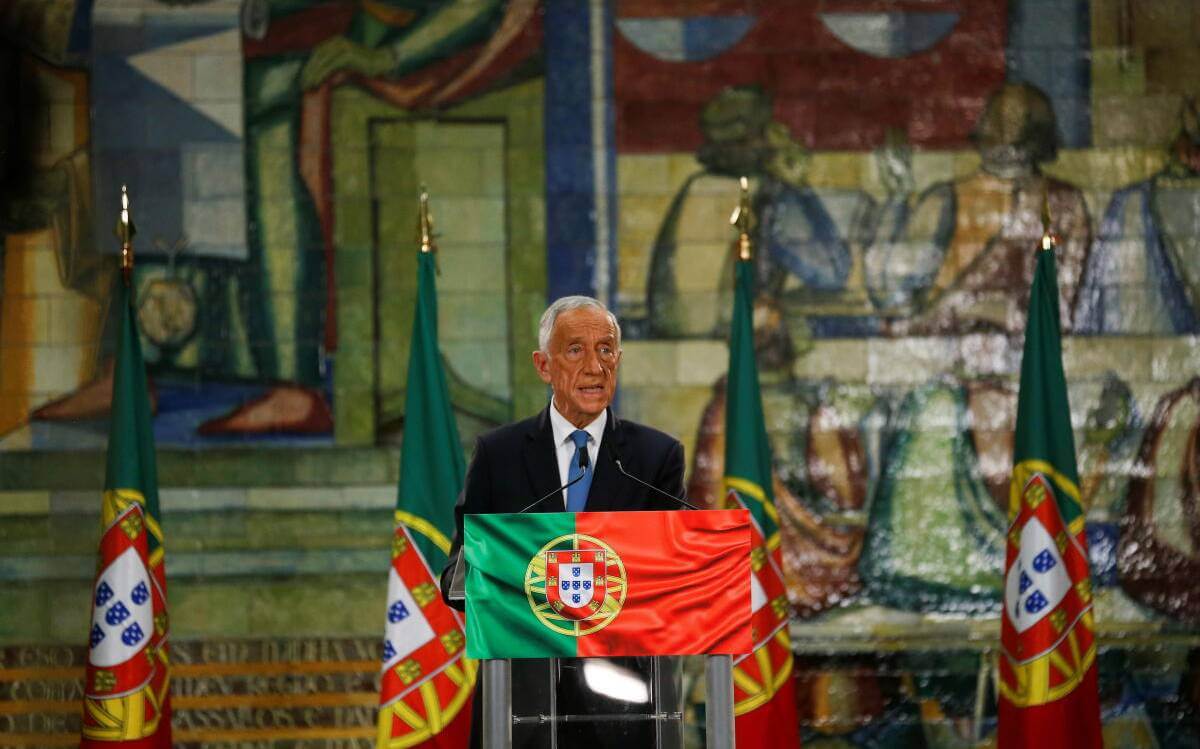On Sunday, despite an ongoing lockdown in the country, Portugal conducted its presidential elections, with centre-right Marcelo Rebelo de Sousa securing re-election with 61% of the votes, paving the way for another five years in office. Throughout the campaign, de Sousa emerged as a front-runner, with an approval rating of over 60%.
The election, however, was not one without competition, with Socialist candidate Ana Gomes securing 13% votes and emerging as a close second. A more surprising result was of Andre Venture, the country’s far-right candidate, who secured 12% votes. However, despite the rising popularity of the right-wing ideology in the country, along with de Sousa’s decision to work with the minority socialist government, he continued to be the public’s choice for this election.
During his public address following the announcement of his victory, he spoke of the ongoing COVID-19 pandemic, expressing his sympathy to the victims and vowing to continue to fight against the social and economic impacts of the virus, saying, “Everything starts with the battle against the pandemic.” Currently, according to Johns Hopkins University, Portugal has the highest seven-day average rate of new daily infections, along with the second-highest number of deaths per 100,000 population rate.
While the main power in the Portuguese political system lies with the Parliament, the President continues to play a crucial role in driving the country’s policies. For example, his first decision during his term as the newly elected President will be to decide on the new law on euthanasia, which has already secured the approval of the country’s Parliament. As the head of the state, he has the power to block its passage or send it to the country’s constitutional court for assessment.
Sunday’s elections have been subject to criticism due to its historically low voter turnout of 40%. This is primarily because of the ongoing pandemic, which instilled fear amongst voters and deterred them from venturing out to participate in the elections. This is despite a widespread campaign by the country’s leaders urging the voters to turn up and reassuring them of adherence to safety protocols at voting stations.
In preparation for the election, authorities set up more polling stations. Further, voters were urged to bring their own pens, carry disinfectants, wear a mask, and maintain social distancing. The country’s Prime Minister, Antonio Costa, reiterated the authorities had undertaken “unprecedented planning” to ensure the safety of the voters. The country’s National Election Commission also launched the “Voting is Safe” campaign, to motivate voters to participate in Sunday’s elections. This was particularly crucial, as a 70% abstention from voting could have driven the country into the second round of polls, which authorities wanted to avoid in light of the ongoing pandemic.
Voter Turnout Controversy Mars Portuguese President Marcelo Rebelo de Sousa's Re-Election
With a voter turnout of just around 40%, Portugal's president, Marcelo Rebelo de Sousa, secured a second term in office under controversial circumstances.
January 25, 2021

SOURCE: REUTERS
